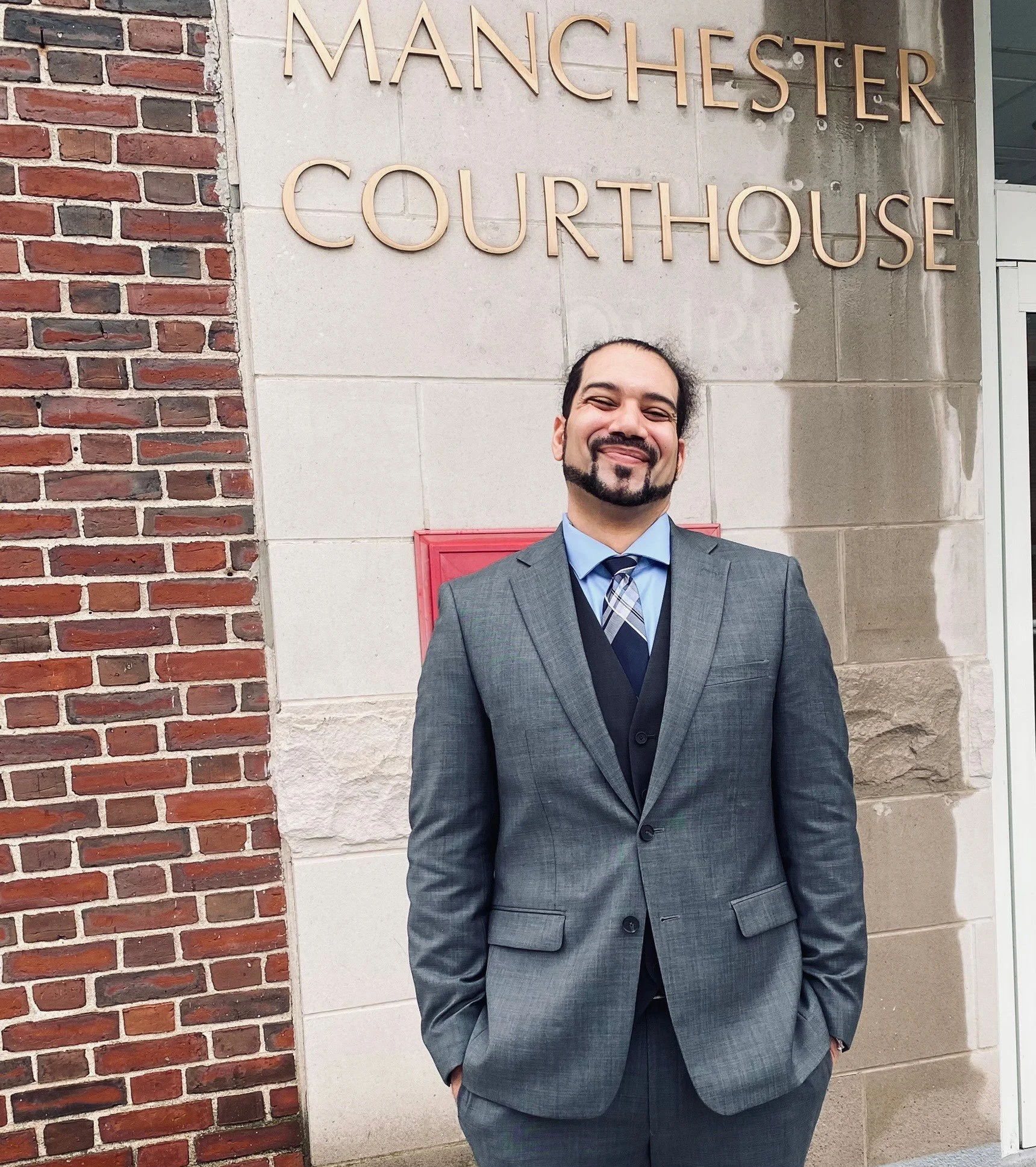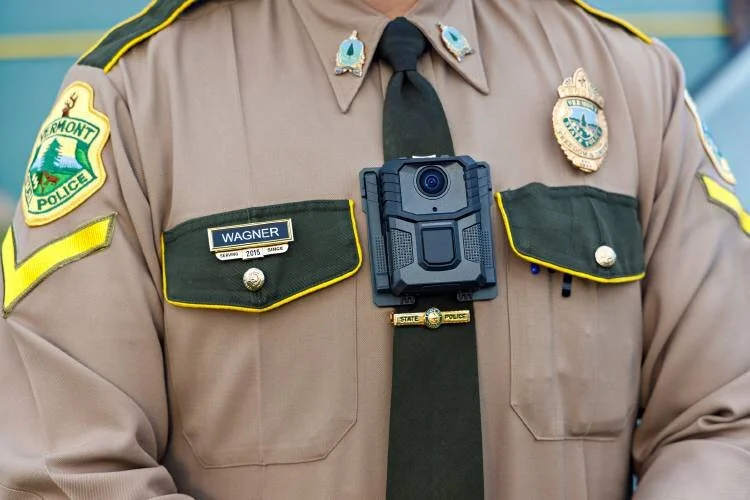On the night of Aug. 19, 2021, Torres, 40, was among a group of people police describe as in a near-riot state. On the pavement, covered by a tarp, was 67-year-old Beverly Avery, a Hispanic woman who was struck and killed by a motorist. (The identity of that driver still has not been released by police who only will say he is 22-years-old and from Bedford. Chief Allen D. Aldenberg said the results of the investigation are with the Hillsborough County Attorney’s Office who will decide how to proceed.)
Missing children: NH doesn’t track pre-school kids; community has a role to play in protecting the vulnerable
With a search for 7-year-old Harmony Montgomery ongoing for weeks now, the question still being asked, but for which the answer remains elusive, is how does a child go missing for more than two years and neither police nor child protection services know about it?
“The more provocative question would be who noticed the child when she wasn’t missing,” said Moira O’Neill, Director of the New Hampshire Office of the Child Advocate, which has oversight for the state Department of Children, Youth and Families (DCYF). She is not seeking reappointment to her post which expires on Jan. 31, 2022.
More New Hampshire Police Will Soon Wear Body Cams
Changes May Be Coming In How Police Are Deployed In Schools
When it comes to the question of armed and uniformed police officers as a permanent presence in the public school system, emotions run high on both sides of the argument. Debate over school resource officers, as they are known, has for years been a regular feature of New Hampshire town meetings and school board deliberations.
Local officials will soon have new guidance on the issue, thanks to the work of the governor’s commission on police accountability. Officially known as the New Hampshire Commission on Law Enforcement Accountability, Community and Transparency, the 14-member commission was appointed by Gov. Chris Sununu last spring amid national protests over systemic racism in policing.
State Commission Makes Recommendations on Pretextual Stops
[Pretextual stops are] when an officer pulls over a motorist for a minor traffic or equipment violation and proceeds to investigate more serious crimes, usually drug related. Many in law enforcement insist the stops are useful for investigating a variety of crimes, especially drug trafficking, while civil rights and racial justice advocates say the stops disproportionately target people of color.
The issue of pretextual stops was front and center in the deliberations of a commission appointed by Gov. Chris Sununu over the summer, tasked with improving law enforcement accountability and transparency after the murder of George Floyd at the hands of a Minneapolis police officer.
Police Academy Expands Implicit Bias Training from Two Hours to Two Days
Members of New Hampshire’s Commission on Law Enforcement Accountability, Community and Transparency (LEACT) attended Fridell’s program last year to help brainstorm a new two-day seminar on implicit bias training in the Granite State that launched at the police academy on January 14.
The expanded program for police recruits is one of 48 recommendations the LEACT committee advanced after meeting during the summer months. The 16 hours of implicit bias training draws on the philosophies from the FIP program. It also models lesson plans from Ohio’s Peace Officer Basic Training for Community Diversity & Procedural Justice.






